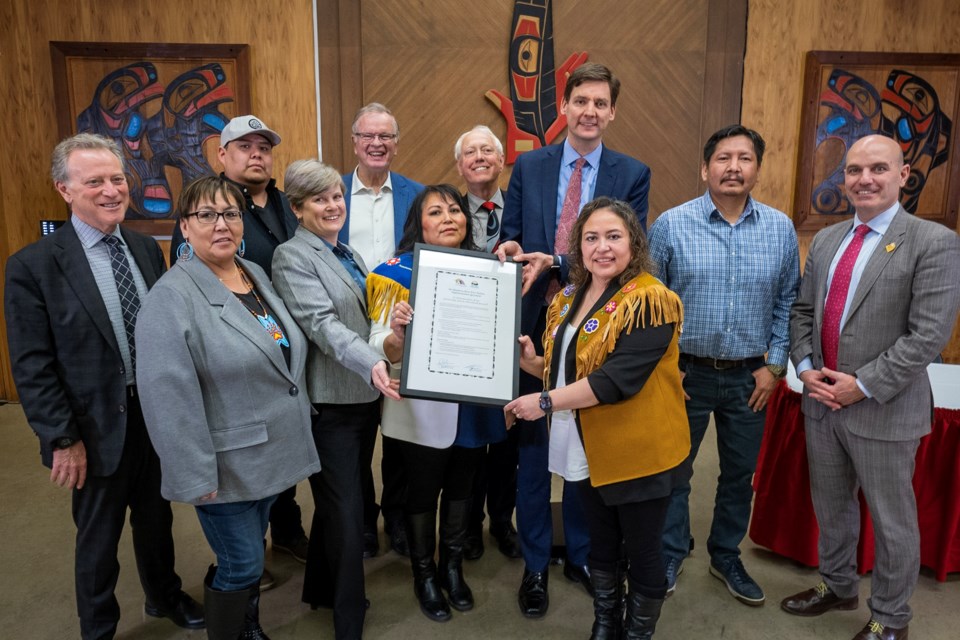He wasn’t even the B.C. premier yet, but a government decision announced by then-attorney general David Eby back in 2021 may prove to have a longer-lasting impact beyond much of what he does while in the premier’s office.
On July 28, 2021, Eby announced the province would not be appealing a BC Supreme Court ruling that concluded the Blueberry River First Nations’ treaty rights for hunting, fishing and trapping had been violated by years of industrial activity (oil and gas exploration and timber harvesting) on their traditional territory.
Until Eby’s announcements, B.C. governments of all political stripes would automatically appeal any court judgment like that one. Not this time.
“Negotiation rather than litigation is the primary forum for achieving reconciliation of the Crown-Indigenous relationship,” Eby said at the time.
Instead of appealing, the government got down to serious negotiations with the Blueberry River First Nations to answer and resolve the court’s concerns.
The result of opting to negotiate was on view earlier this month: a historic agreement that may fundamentally alter land stewardship and resource development in this province.
The agreement makes the Blueberry River First Nations an equal partner in land use planning and resource development on their territory.
Oil and gas exploration and extraction will still be allowed, albeit at potentially lower levels. Timber harvesting will also be allowed, but again with fewer trees being felled.
A number of senior industry representatives from both the energy and forestry sectors attached their names (with quotes) to the news release announcing the agreement, an indication perhaps that the industrial sector realizes we are entering a brand new era when it comes to natural resource extraction in this province.
A series of court rulings have made it clear that First Nations’ interests must be accommodated when land use decisions are made. The enshrinement into B.C. law of the United Nations Declaration on the Rights of Indigenous Peoples further entrenches this new way of doing things.
This shift doesn’t come without significant costs. Blueberry River will receive more than $350 million in financial assistance and land restoration costs, plus a share of natural gas revenues.
Blueberry River is a Treaty 8 First Nation, and soon after its agreement was unveiled another agreement between government and four other Treaty 8 First Nations was announced.
Under this deal, the four First Nations (Doig River, Halfway River, Fort Nelson and Salteaux) will receive about $200 million as their share of oil and gas revenues this year, plus $600 million in restoration funding over the next 10 years.
That is a considerable amount of money, but historic change doesn’t come cheap.
When Eby made his surprise (to many) announcement of no appeal back in July 2021, there was a degree of uncertainty regarding the path forward from it.
The Blueberry River agreement now provides a clear view of that path.
While most of B.C.’s more than 200 First Nations are not covered by treaties, this agreement could very well serve as a template of sorts (i.e. co-management and financial compensation for First Nations) for other land use disputes.
Keith Baldrey is chief political reporter for Global BC.





